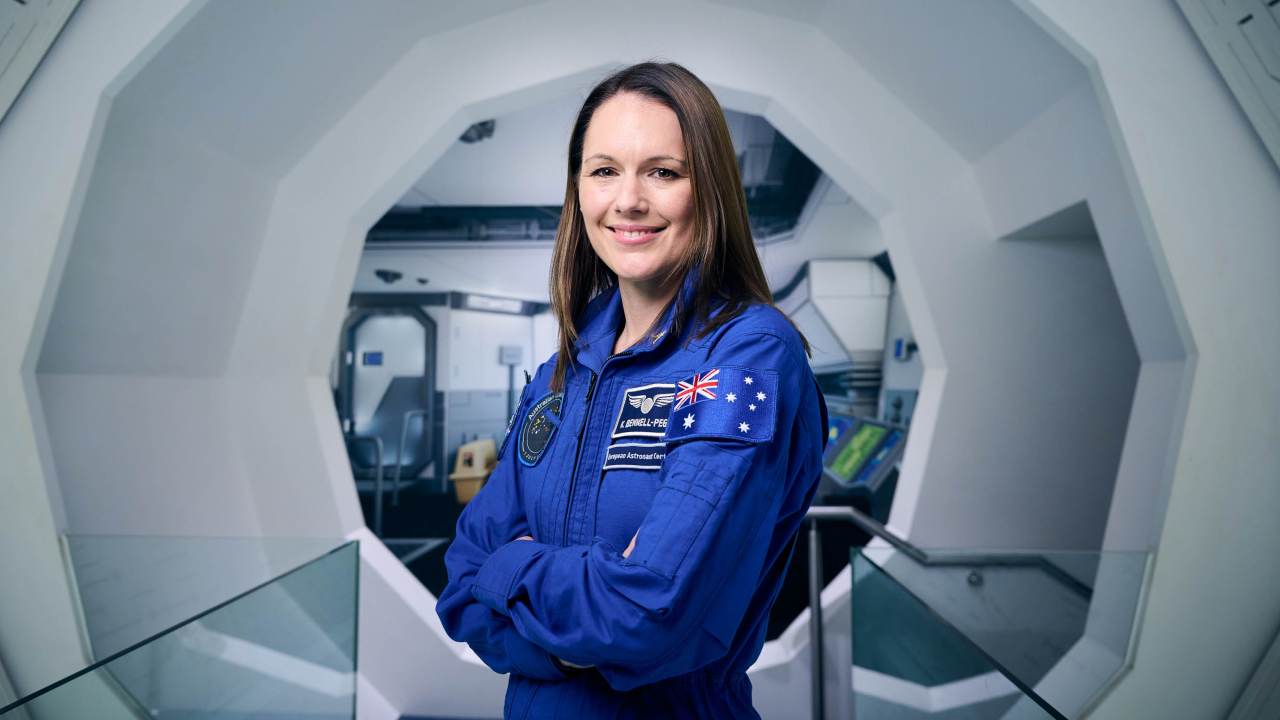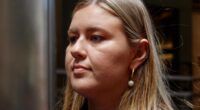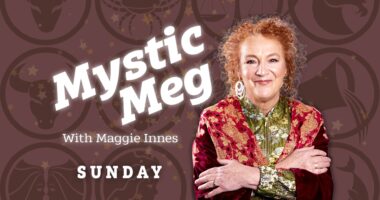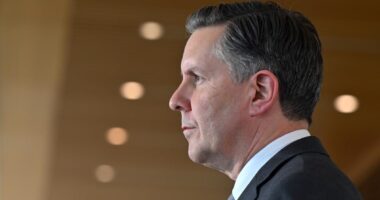You beat 22,500 other applicants to be one of six people to train at the European Astronaut Centre in Germany. What gave you the edge?
I’ve always pushed myself out of my comfort zone. Before I started astronaut training, I did internships at NASA, the European Space Agency and the Royal Australian Air Force. I think mental resilience is a learned trait. When you really strive for something, it’s important to remember it doesn’t always come easily. As an astronaut, your character is as important as your academics. In my opinion, effort is more important than talent.
What did you learn about your own character during astronaut training?
Astronauts are recruited for their ability to seek excellence, rather than perfection. Chasing perfection can lead to frustration and fear of failure when there are obstacles, whereas those that seek excellence aren’t unafraid of uncertainty, but thrive in it. It’s OK to make mistakes, to fail, to recover, and enjoy that process. I think this is the same whether you’re in space or on earth. Once I realised how important it is, I tried to hone this skill in all areas of my life.
How did you prepare physically for such an intense level of performance?
I just assumed that I wouldn’t get past the medical stage [of the application process]. I’ve had two kids and, like most people in their mid to late 30s, I’ve had a few minor medical niggles. I pushed myself as hard as I could, particularly in cardio fitness, but without risking injury. In space, you’re typically expected to be in the gym for two hours a day, six days a week, on a treadmill, bike or using weights. If you don’t, then you shed muscle and bone mass very quickly.
What are the most surprising things you learnt over the course of the whole astronaut training experience?
We learnt tradie skills, like fixing a toilet, and we learned about medicine, so we can do procedures on each other, like drawing blood or stitching each other up. We learnt about space law and the economics of other nations, and we did photography so we can help with monitoring our planet. We also went into a centrifuge to learn to handle the g-forces of launch and re-entry.
Astronauts don’t experience g-force like pilots do, who feel it head to foot. We feel it through our chest; it feels like an elephant is sitting on you, so you have to breathe with your shoulders rather than your diaphragm. We also went on a zero-gravity flight, where you float inside a plane for 22 seconds at a time, and during that we learnt how to do CPR – if you do it in the normal way you’d just push yourself off the patient. We also learnt how to use a drill in zero gravity. The training involved is extremely broad!
In high school, you were asked to write down three career options, but refused to put anything but ‘astronaut’. Where does your determination and self-belief come from?
I was young and stubborn enough to not let go of the dream of being an astronaut. I realised at a young age that most things are a result of a combination of time and effort. I figured everything is possible if you’re willing to put in a bit of grit to make it happen. Being an astronaut seemed so exciting that I knew I was willing to put in the hard yards.
What aspects of preparing for space have you carried into everyday life?
The importance of self-care. During our training, we learnt that the ability to pace yourself as you work is an important performance measure. When you’re really passionate about what you do, it’s easy to sacrifice your own health; in space you can’t do that because other people’s lives rely on you. It’s a conscious effort for me to work sustainably, especially when I’m also trying to be with my kids.
Originally published as Australia’s first astronaut Katherine Bennell-Pegg on why effort trumps talent





